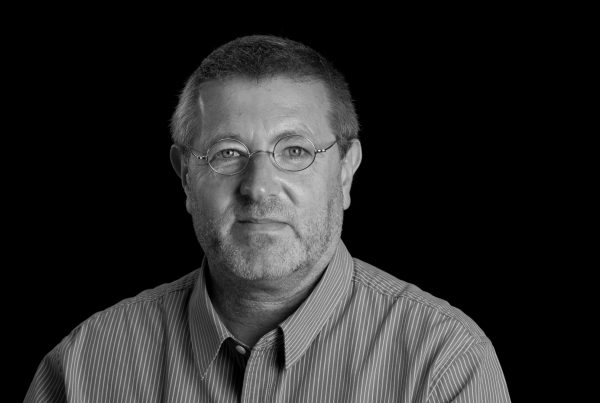– Saenger VM, Ponce-Alvarez A, Adhikari M, Hagmann P, Deco G & Corbetta M 2018, ‘Linking Entropy at Rest with the Underlying Structural Connectivity in the Healthy and Lesioned Brain‘, Cerebral Cortex, 28(8):2948-2958.
– Hindriks R, Micheli C, Bosman CA, Oostenveld R, Lewis C, Mantini D, Fries P & Deco G 2018, ‘Source-reconstruction of the sensorimotor network from resting-state macaque electrocorticography‘, Neuroimage, 181:347-358.
– Gilson M, Tauste Campo A, Chen X, Thiele A & Deco G 2018, ‘Nonparametric test for connectivity detection in multivariate autoregressive networks and application to multiunit activity data‘, Network Neuroscience, 1(4):357-380.
– Tauste Campo A, Principe A, Ley M, Rocamora R & Deco G 2018, ‘Degenerate time-dependent network dynamics anticipate seizures in human epileptic brain’, PLoS Biology, 16(4):e2002580.
– Daffertshofer A, Ton R, Kringelbach ML, Woolrich M & Deco G 2018,’Distinct criticality of phase and amplitude dynamics in the resting brain‘, Neuroimage, 180(Pt B):442-447.
– Daffertshofer A, Ton R, Pietras B, Kringelbach ML & Deco G 2018, ‘Scale-freeness or partial synchronization in neural mass phase oscillator networks: Pick one of two?‘, Neuroimage, 180(Pt B):428-441.
– Deco G, Cruzat J, Cabral J, Knudsen GM, Carhart-Harris RL, Whybrow PC, Logothetis NK, Kringelbach ML 2018, ‘Whole-Brain Multimodal Neuroimaging Model Using Serotonin Receptor Maps Explains Non-linear Functional Effects of LSD‘, Current Biology, 28(19):3065-3074.
– Glomb K, Ponce-Alvarez A, Gilson M, Ritter P & Deco G 2018, ‘Stereotypical modulations in dynamic functional connectivity explained by changes in BOLD variance’, Neuroimage, 171:40-54.
– Deco G, Cabral J, Saenger VM, Boly M, Tagliazucchi E, Laufs H, Van Someren E, Jobst B, Stevner A & Kringelbach ML 2018, ‘Perturbation of whole-brain dynamics in silico reveals mechanistic differences between brain states’, Neuroimage,169:46-56.
